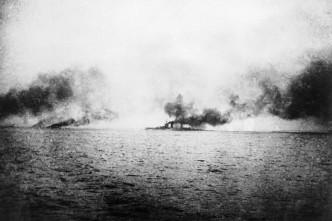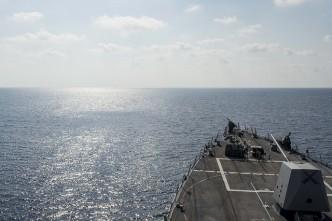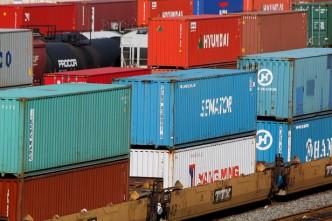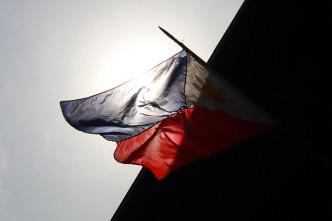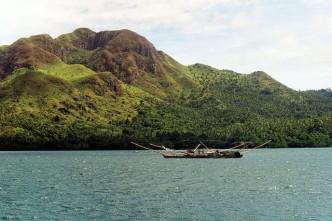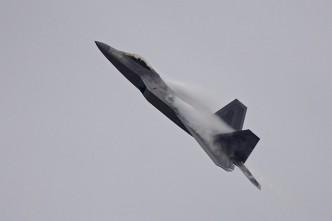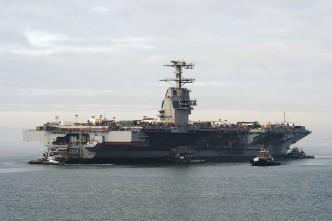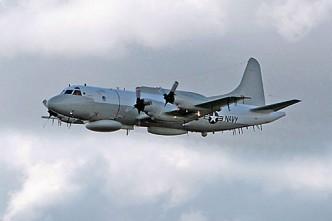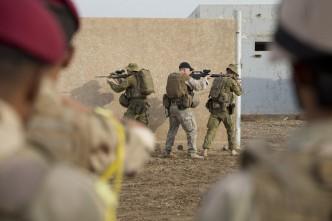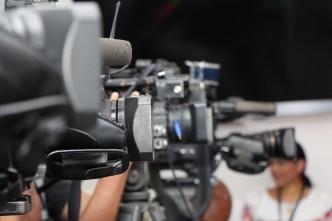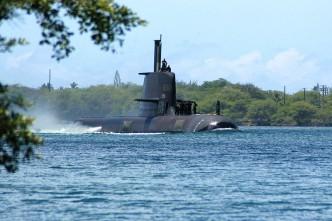2016 is a big year for centenaries, because 1916 was the pivotal year in the First World War. One hundred years ago in February German forces attacked the French at Verdun, while 1 July will …
This week the Pentagon ordered the USS William P. Lawrence, a guided-missile destroyer, to sail within 12 nautical miles of the land feature China has constructed on Fiery Cross Reef in the South China Sea. …
Last week’s confirmation that Australian Islamic State member, Neil Prakash, had been killed in a US air strike has been greeted as a cause for optimism in the war against the terrorist group. But what’s …
The Beat Report: Australia’s advocacy for the abolition of the death penalty The Joint Standing Committee on Foreign Affairs, Defence and Trade released its final report to conclude the inquiry into Australia’s advocacy for the …
Rodrigo Duterte’s victory in the Philippines’ Presidential elections has introduced new uncertainty into Asia’s security outlook. The populist strongman from Davao, which is the largest city in Mindanao, is nicknamed ‘The Punisher’ and ‘Duterte Harry’ …
When Washington dispatched a joint special operations task force to the southern Philippines in the aftermath of the 9/11 attacks, it was motivated by evidence that the Abu Sayyaf (ASG) militant group had links with …
The Pakistani Foreign Office has reached out to the nation’s largest intel body, Inter-Services Intelligence (ISI), for assistance to boost its internal IT security. Government ministries in Pakistan are no strangers to targeted online campaigns …
Donald Trump, the Republican Party’s presumptive US presidential nominee, has expressed deep scepticism about the value of America’s alliances. His is a very nineteenth-century view of the world. Back then, the United States followed George …
The Australian defence community has been rightly focused this past fortnight on the Turnbull Government’s announcement of the winner—France’s DCNS—of the Competitive Evaluation Process (CEP) to secure the contract for building Australia’s future submarine. But …
Sea State Germany has offered India a formal proposal to build six diesel-electric Type 214 submarines. According to Indian defence officials, the Ministry of Defence is currently reviewing the proposal, which would see the submarines …
The effectiveness of the US’ counterintelligence capabilities has been brought into question in recent weeks, after it emerged during a pre-trial hearing on 8 April that a US Navy flight officer had been charged with …
The issue of setting strategic priorities is one that’s dogged Australian defence white papers since their inception in the mid-1970s. History, culture, strategic commitments and global power balances pull Australian priorities outwards. British settlement of …
We now have our third Defence White Paper in less than seven years. In the preceding quarter century we managed only four. The reduced shelf life of recent White Papers reflects—in part—volatility at the top. …
Counterinsurgency is one of the principal modes of conflict of our time. The component of counterinsurgency operations which remains neglected is the capacity building of allied forces—a subject that is rightfully the subject of a …
Advocates for a greater commitment by Australia to its Antarctic territory have welcomed the announcements of an Australian Antarctic Strategy and 20 Year Action Plan, as well as the signing of a contract for the …
On 6 September, 2001, a bunch of journalists and military officers met at the National Press Club in Canberra to discuss why the military and media don’t get along. The Australian Defence Force had media …
We’ve not heard a great deal from senior figures in Tokyo’s political establishment about Australia’s decision to partner with France for the SEA 1000 project. That all changed this week when CSIS’s Japan Chair Michael …
The Belgian historian Henri Pirenne linked Europe’s birth as a Christian continent in the eighth century to its rupture with Islam. Pirenne probably would never have expected a Muslim ghetto in Brussels to emerge, much …
It’s now commonplace for terrorists to use industrially available chemical explosives like ammonium nitrate or everyday technology like mobile phones to detonate improvised explosive devices. In a recent op-ed in The Australian with my colleague …
In the extensive discussion about the decision on the future submarine project a key point has been missed. The government intends to sign what is merely a three year design contract with the French company …
